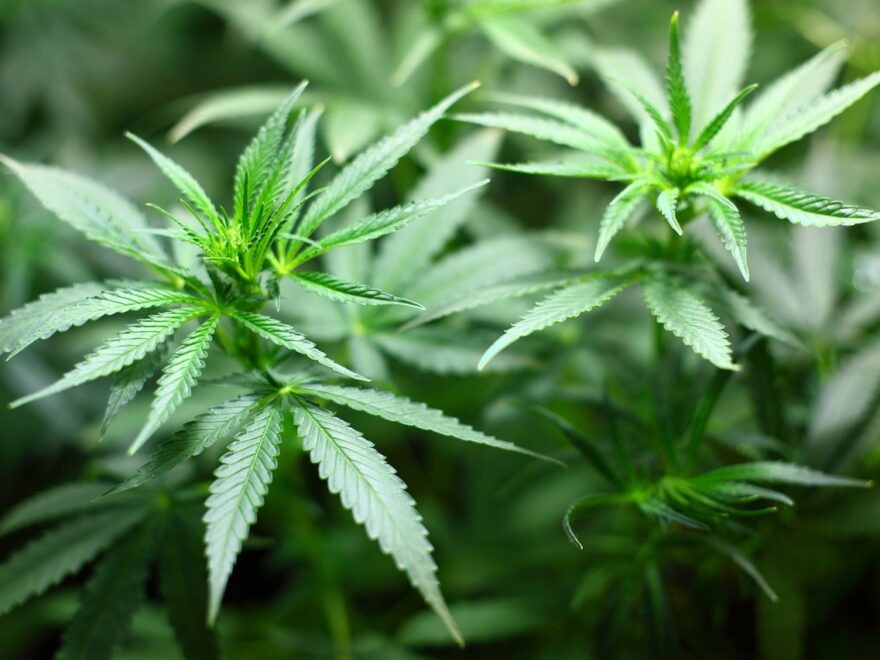How long does weed stay in your blood stream?
The use of marijuana, both for recreational and medicinal purposes, has become increasingly common in recent years. However, one concern for individuals who use weed, especially in places where it’s not yet legalized, is how long it can be detected in their system. In this blog post, we’ll explore the factors that affect how long weed stays in your bloodstream and provide some general guidelines for understanding the detection window.
1. Understanding Detection Methods:
There are various methods for testing the presence of weed in your system, including blood tests, urine tests, hair tests, and saliva tests. Each method has a different detection window, with some being more sensitive and accurate than others.
2. Detection Windows:
- Blood Tests: Weed is typically detectable in your bloodstream for a relatively short period, typically up to a few days after use. However, heavy and frequent users may have traces detectable for up to a week.
- Urine Tests: This is one of the most common methods for detecting weed use. The detection window in urine is longer, usually up to 30 days or more for frequent users. Occasional users may have detectable levels for about a week.
- Hair Tests: Weed can be detected in hair follicles for a much longer period, often up to 90 days or more. However, this method is less common and more expensive.
- Saliva Tests: Weed is detectable in saliva for a short period, typically up to 24-72 hours after use.
3. Factors Affecting Detection:
Several factors can influence how long weed stays in your system, including:
- Frequency of Use: Regular users tend to have longer detection windows than occasional users.
- Dosage: Higher doses can lead to longer detection times.
- Metabolism: Individual metabolism plays a role in how quickly your body processes and eliminates THC, the active compound in marijuana.
- Type of Weed: The strain and potency of the weed can affect how long it stays in your system.
- Method of Consumption: Smoking, vaping, edibles, and other methods can result in varying detection times.
- Body Fat Percentage: THC is fat-soluble, so individuals with higher body fat percentages may retain THC in their system for longer periods.
4. Legal and Employment Implications:
Understanding the detection window is crucial, especially for those subject to drug tests for employment or legal reasons. It’s essential to be aware of your local laws and workplace policies regarding marijuana use.
Conclusion:
The duration weed stays in your bloodstream depends on several factors, including the type and frequency of use, metabolism, and the detection method. It’s important to be informed about the potential detection windows, especially if you need to pass a drug test or want to understand the effects on your body. Remember that responsible and legal use is key to avoiding complications related to weed in your system.
Thank you for visiting UsMapsOfState!

